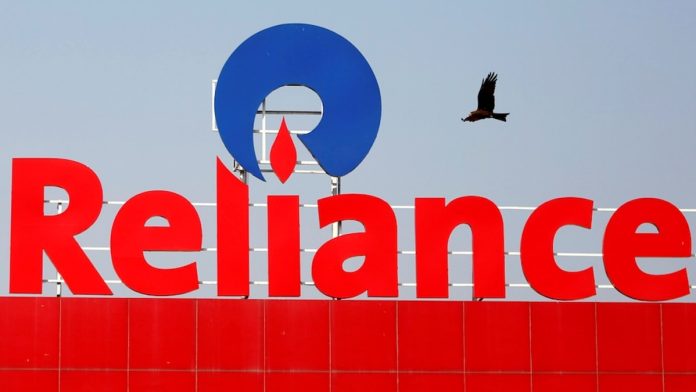Reliance Industries has a track record of disrupting any space it enters, whether telecom with Jio or e-commerce with JioMart. However, experts anticipate Reliance Retail’s entry into the booming quick commerce space might not be as easy. To be sure, it is deep-pocketed and could cause significant shifts in consumer loyalty and market dynamics. But the incumbents have the experience, execution skills and a track record.
As of now, Blinkit enjoys a 39% market share as of September, Zepto 28%, Swiggy Instamart 28%. BigBasket’s BB Now and Flipkart Minutes together have a 6% share in the Q-commerce segment, as per brokerage firm CLSA.
Also ReadThe Future of Small Arms & Ammunition Manufacturing in India
Reliance Retail could have the edge in certain geographies like Tier 2, 3 and 4 towns, where it has a presence and can move faster than competitors. According to reports, Reliance Retail will not be setting up dark stores. It will leverage its vast network of over 18,000 stores across India and the services of its acquired last-mile logistics company Grab to fulfil orders in 10-30 minutes. Initially, the company will focus on grocery products and soon expand to fashion and small electronic products.
Also Read Reboot exchange rate policy Explained: How India can create a level playing field for e-commerce exporters? With utilisation peaking, IT firms may unveil fresh hiring plans this earning season BrandWagon Adtalk with Intellect Design Arena’s Debal Dutt
Besides small-town presence, Reliance’s decision to not charge a delivery, platform fee or surge fees is viewed a strategic move that could force competitors to reassess their pricing models. Currently, many players, including Blinkit and BigBasket, levy such fees to maintain profitability amidst rising operational costs. Mukul Goyal, co-founder, Stratefix Consulting told Fe that by absorbing these costs, Reliance not only enhances its value proposition but also sets a new standard. “It may compel other companies to follow suit or risk losing customers. This shift could lead to a price war in the sector, impacting margins for all players involved and potentially reshaping consumer expectations around delivery services,” Goyal said.
However, while price discounting is a great way of acquiring customers and merchants, experts say that in the long term, the model requires a certain ‘platform’ fee or similar central charge to be applied to justify the brand,
» Read More


